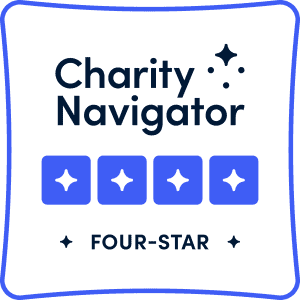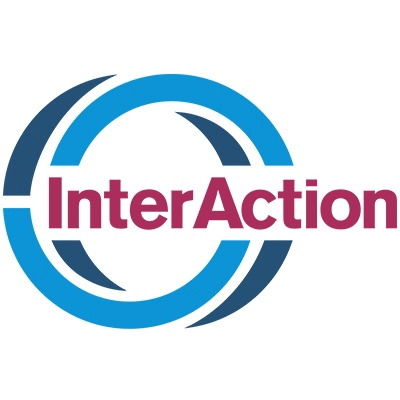Water & Sanitation
“Every year, over 800,000 people, including more than 340,000 children under five, die from diseases caused by unsafe water, inadequate sanitation, or poor hygiene.”
– Antonio Guterres, Secretary-General, United Nations, September 22, 2017
Each year, hundreds of thousands of adults and children die from diseases introduced via unsafe water, inadequate sanitation, or poor hygiene. Billions around the world lack access to safe water at home and more than half of the world’s population lacks safely managed sanitation. As a result, water-borne diseases like diarrhea, cholera and dysentery, all potentially fatal conditions, are pervasive. In fact, hundreds of thousands of children die each year from water-borne diseases alone.
Women in particular bear the brunt of the lack of availability to clean and safe water. Charged with transporting water, women and girls often walk miles per day to fetch water. And, each time a woman sets out for a distant water source, she runs the risk of encountering violence along the way. Reliable access to clean, close water reduces that risk, encourages women with the time and security to invest in family and community development and gives girls the opportunity to attend school.
Moreover, with the majority of the world’s fresh water supply devoted to agriculture, effective water conservation techniques are essential. The vast majority of people living in extreme poverty live in rural areas and are dependent primarily on agriculture and related activities for their livelihood. The well-being of these smallholder farmers is closely tied to the natural environment, highly vulnerable to environmental destruction, water shortages and climate change.
That’s why we partner with rural communities to ensure increased access to clean water and improved sanitation, the development of new water sources, and the implementation of water conservation techniques.
We are working to access timely and accurate data for interventions in sanitation, and to make that data accessible and transparent to community members. This makes the data ‘actionable’ and usable for communities and state authorities. WASH data is shared through participatory tools, including community Transparency Boards, which enable community members to visualize progress in areas such as improved sanitation. Sharing data in a timely and accurate way enables communities to bridge valuable relationships with local governments and NGOs working in sanitation.
WHAT WE DO
- Build water and sanitation capacity. Establishing water project boards made up of community leaders who are trained by experts on how to monitor, maintain and repair water systems; training people in the use and repair of water pumps and generators; and training a core of local leaders in water safety and purification so they can lead workshops throughout the community and expand grassroots knowledge.
- Develop new sustainable water sources. Guiding local communities to drill new wells and boreholes and repair existing ones; build and repair water towers; and construct water troughs for livestock.
- Ensure a reliable supply of clean water. Providing equipment and training for testing and pumping water; empowering communities to build and repair latrines in homes, schools and public spaces; and lobbying local governments to devote public resources to water infrastructure projects.
- Implement water conservation techniques Mobilizing communities to initiate drip irrigation projects, which minimize the use of water and fertilizer by allowing water to drip slowly to the roots of plants, and to develop water catchment systems, which collect rainwater from a roof or other surface before it reaches the ground and store it for future use.
- Build sanitation programs. Good hygiene is more than a convenience; water borne illness is a leading cause of childhood deaths around the world. Our global trainings and capacity building projects improve living conditions and save lives.
Related News
Make change happen. Invest in people.
Mailing address
The Hunger Project
110 West 30th Street, 6th Floor
New York, NY 10001
Get connected
Join the conversation on social, and stay connected with the latest from our partners around the world.
Stay informed
Subscribe to our newsletter to receive updates of latest news and events.
© The Hunger Project | Website by The Good Alliance






